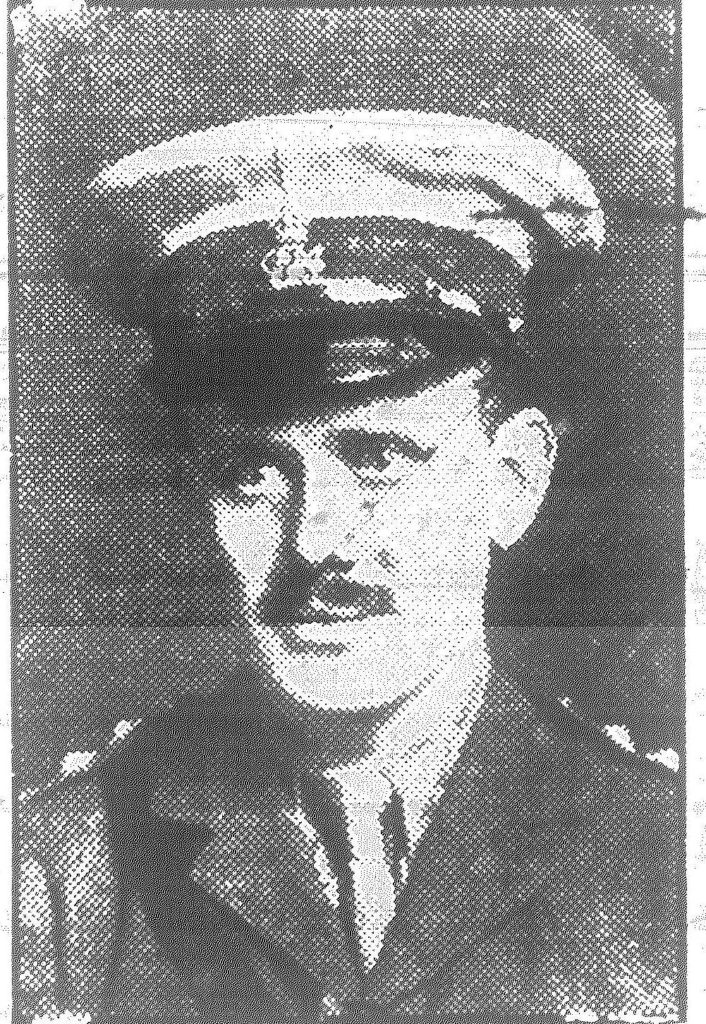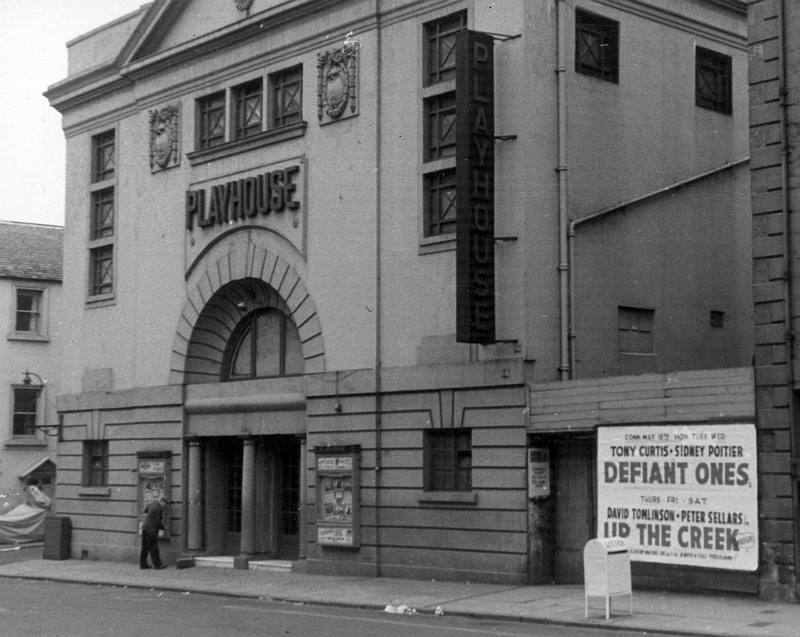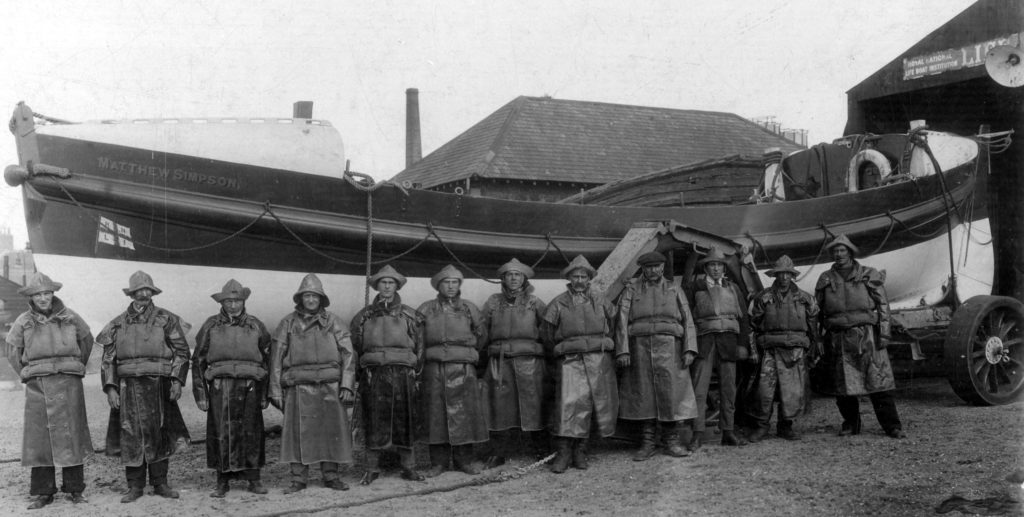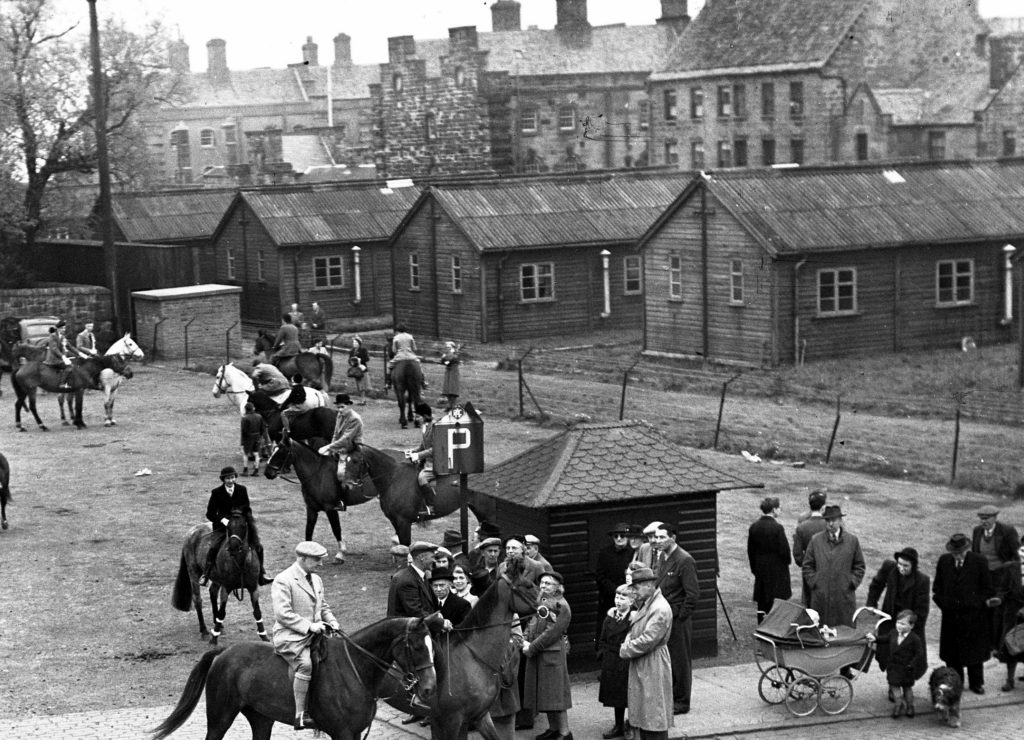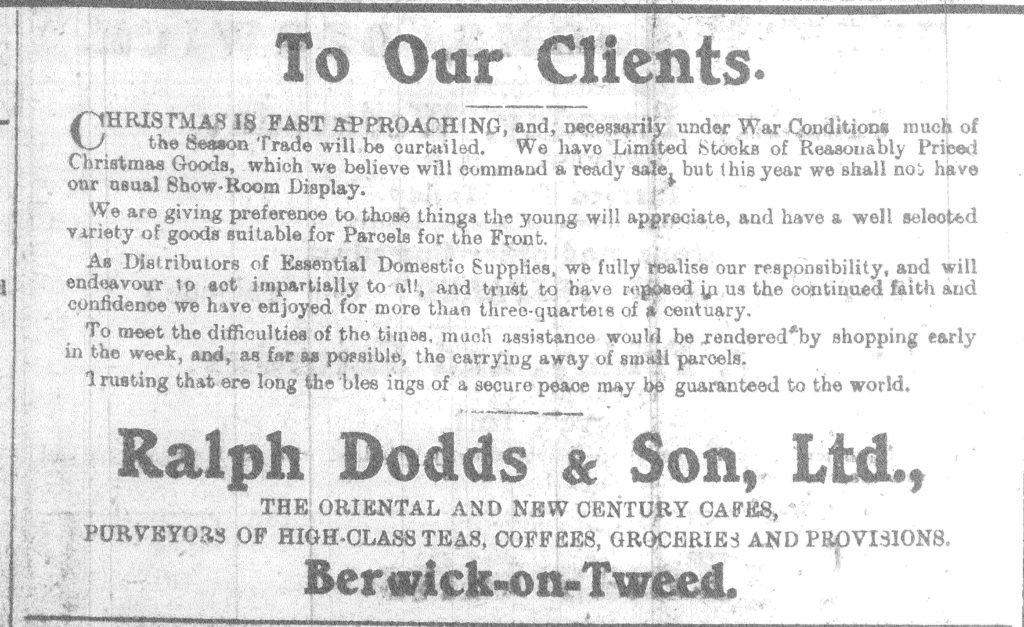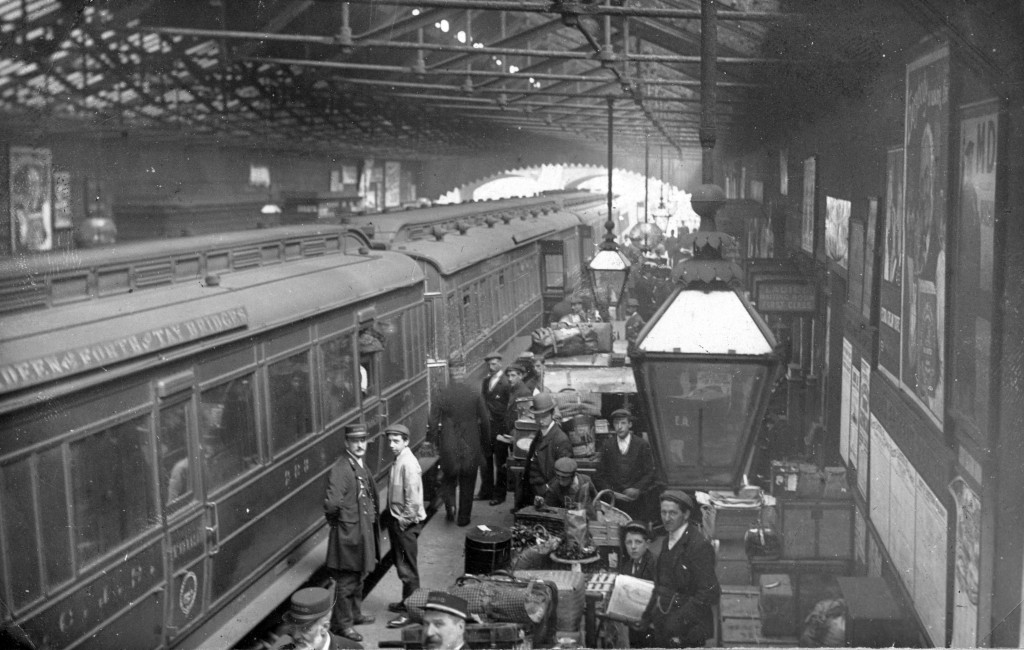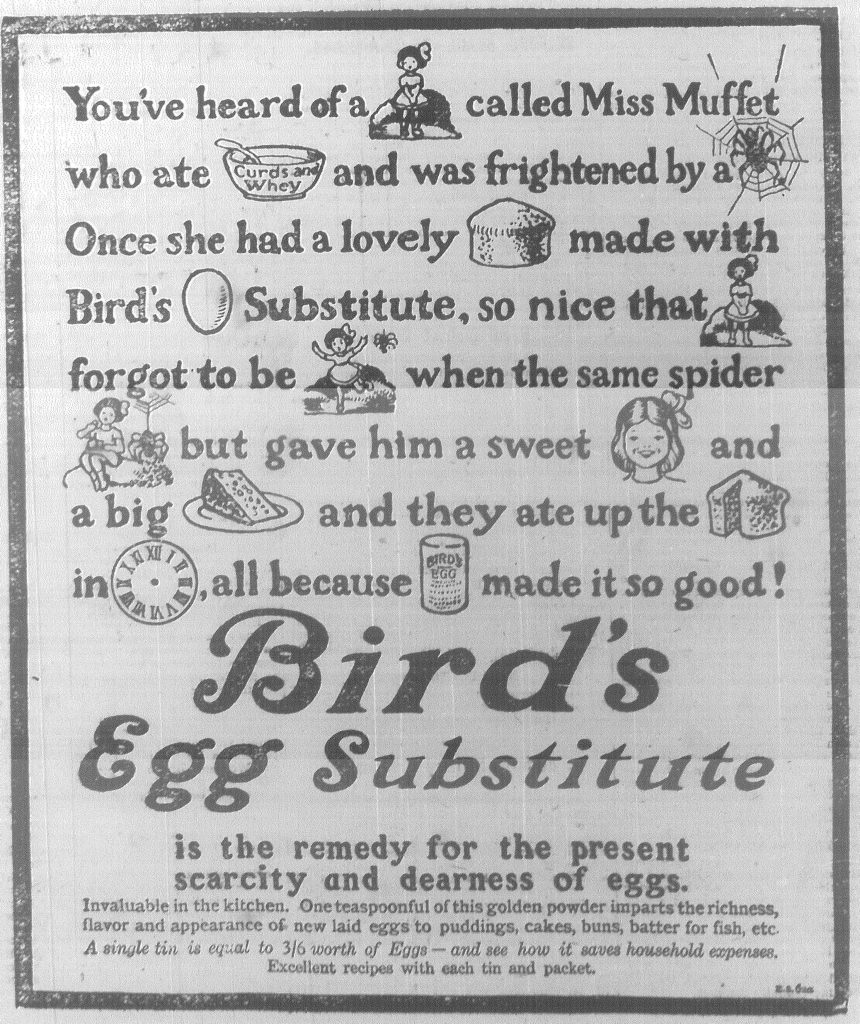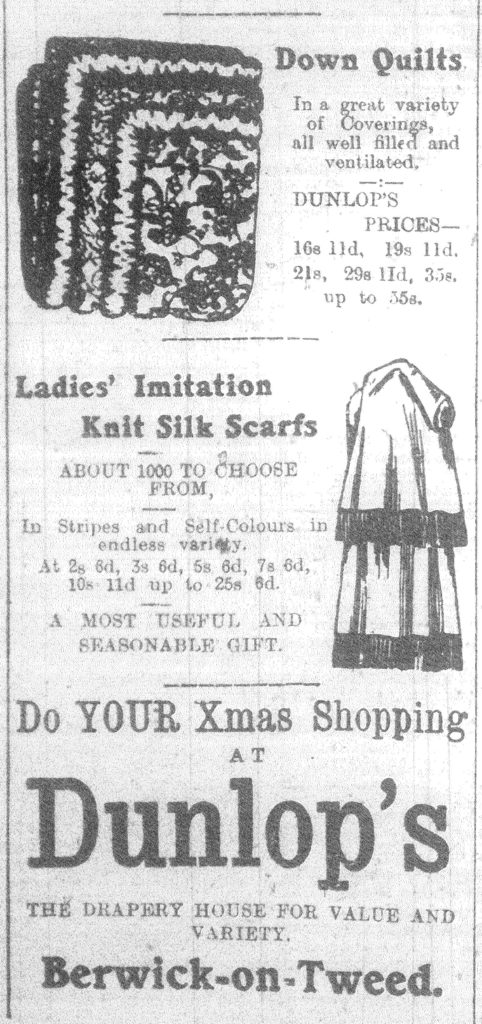BERWICK ADVERTISER, 11 JANUARY 1918
Tragic Death of Lieut. Fedden
AS THE RESULT OF EXPOSURE
DESCENT IN CHANNEL ENDS FATALITY
Berwick was shocked to hear on Monday after news of the death of Lieut. Fedden, who only some six weeks ago was married to Miss Shena Lennox Fraser, eldest daughter of Dr. Chas. L. Fraser, Elder House, Berwick. He met his end by exhaustion, through having been compelled to come down in the Channel on account of engine trouble, while flying near Bythe.
Lieut. Fedden during his short stays in, the town had won the respect and esteem of all who knew him, and admired him for the capable officer he was. An experienced and reliable member of the Air Service his will indeed be a loss to the Country, and we are sure that we voice the feeling of all in Berwick when we extend to the young widow, and both families our deepest and heartfelt sympathy in the great affliction which has come upon them.
Lieut. Fedden was the son of Mr. T. Player Fedden, of Glenthorpe, Barnet, served with the Punjabis in Mesopotamia and France, and had been wounded in the arm. Since then he has held important appointments at certain Aerodromes where his knowledge of aircraft has proved of great benefit to the service. In November, when his marriage took place, he was under orders to proceed to important work in Italy. He has died before he got his marching orders.
Lieut. Fedden was one of the officers who gave evidence before the Commission which enquired into the Mesopotamia campaign.
Just a fortnight ago he was with us in the town on short leave, today he is but a memory, yet a memory which is pregnant with all that we feel for a soldier and a gentleman who has fought and who has yielded up his life in the service of his country.
LOCAL NEWS
Of course there are many grumblers, but on the whole, people are managing fairly well with their half-pound of sugar a week. We hope the sugar will be more constant than the

paper ration. Imports of paper were first reduced by a third, then the two-thirds that was left over reduced by half, and now the one third of what was used in 1914 is to be reduced by another third, leaving only 29ths or under a quarter of the 1914 supply.
BERWICK OFFICERS’ EXPERIENCES
ON THE ITALIAN FRONT
“Where I am now we get very little news and very seldom get the chance to see a paper. I have only had one mail during the last three weeks, and the latest letter was dated November 26th, so it is rather a change from France, where everything went so smoothly. We have been in the line now for about three weeks, but there are hopes of my Brigade being out for Christmas. I am afraid the boys will not get any plum puddings this year, though we can get plenty of turkeys and geese; you can buy a very good one for from 7 to 10 lire (3s 6d to 5s). There are no E.F.C.’s yet and cigarettes and tobacco are not to be had unless you can go a long way back. Some of the men have actually been reduced to smoking tea leaves, etc. I am running a small canteen, but can only get about 200 lire worth of cigarettes a week, and then have to go nearly 40 kilometres for them.
The country is very pretty, and up at the front line it is a most extraordinary contrast to what we were used to before. The two lines are separated by a very broad river bed (1400 to 2000 yards across) so there is no sniping. There is very little water in the river just now, as the snow has just begun. Very high mountains rise up from the river bed, and it is magnificently pretty.
When we first took over the line it was very quiet, and to give you some idea of what it was like, an order came out in D.R.O. that “No clean washing had in future to be hung out to dry on the wire entanglements in front of the front line trenches. “Men used to go down to the river and wash their clothes in the middle of No Man’s Land. It is very different now, and there is quite a lot of shelling, though officers in the front line can still sleep in very comfortable beds in the little houses along the banks of the rivers.
We can make ourselves very comfortable as the people fled and left all their worldly goods behind. We have very dry weather, but it is fearfully cold and frosty at nights, and generally bright during the day. We have a lot of boys in our Brigade now from the North of England, and some from round about Haggertson and that way. Of course we area north country division.
I was very lucky, as I was one of the entertaining officers at our departure station in France, and came in with two N.F.’s by ordinary passenger train all the way to the frontier, and managed a day and night in Paris, and half a day in Genoa. I am afraid we shall get no leave from here for along time, which is rather rotten. If we have a heavy snowfall it may hurry it on a little.”
BART LOUGH, OF SPITTAL
We have decided to open a “Berwick Advertiser” fund to provide a new boat for Bart Lough of Spittal who, as we reported last week, has lost his coble, the “Mary Harrison”.
In the ordinary way one should expect a fisherman to insure his boat and tackle when their loss mean so much to him. We are told that this is practically impossible. Lloyd’s is the only available agency, and they are not interested in such small craft. We feel, therefore, we have a strong case to put before the public. Mr Lough is not to blame for not insuring his boat; it was lost through no fault of his own, but rather by his own perseverance in providing food for the nation, when food is short. All along the coast he is known as a fearless and experienced fisherman, who has frequently risked his own life and property to assist others.


